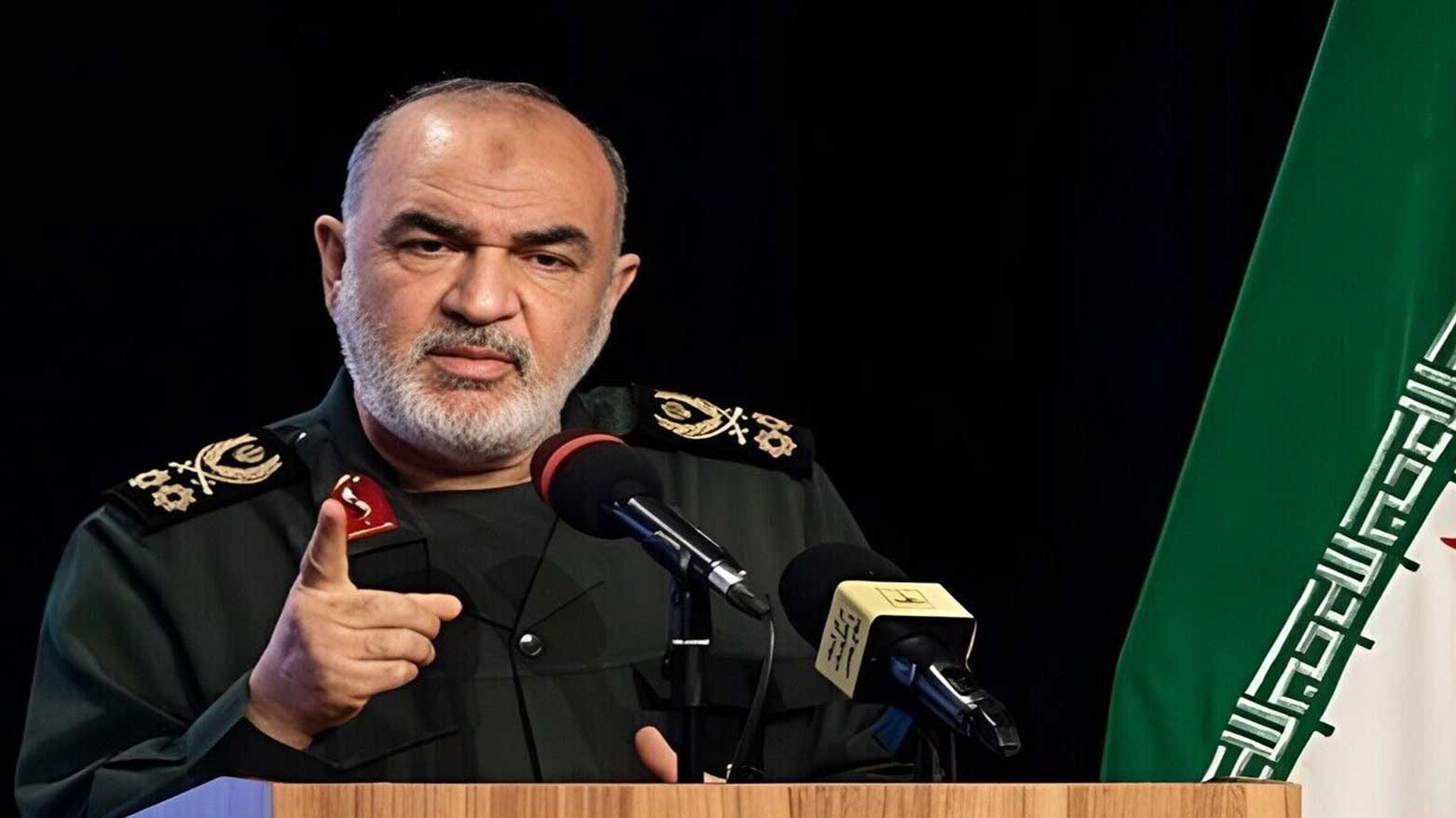IRGC Commander Killed in Israeli Strikes on Tehran
Israeli airstrikes killed IRGC chief Hossein Salami in Tehran on June 13, in a major escalation of the Israel-Iran conflict. Dubbed “Operation Rising Lion,” the attack targeted Iran’s nuclear and military infrastructure. The U.S. denied involvement as fears of regional war mount.

By Kamaran Aziz
ERBIL (Kurdistan24) – Iran's top military commander, Major General Hossein Salami, head of the Islamic Revolutionary Guard Corps (IRGC), was killed in an Israeli airstrike on Tehran early Friday, according to Iranian Tasnim News Agency. The targeted strike marks one of the most consequential escalations in the long-simmering Israel-Iran conflict, as fears of broader regional war intensify.
Iranian media reported that the IRGC headquarters in Tehran had been hit, and multiple explosions rocked the capital and other locations, including Natanz – the site of Iran’s primary uranium enrichment facility. Iran’s air defense systems were fully activated as strikes rained down across key strategic areas. State TV also said several civilians, including children, were killed in the strikes on residential zones.
According to Reuters, the Israeli government said the assault—dubbed Operation Rising Lion—was aimed at crippling Iran’s nuclear program and missile infrastructure, and preventing what it described as an “existential threat.” Prime Minister Benjamin Netanyahu, in a recorded video message, said: “This operation will continue for as many days as it takes to remove this threat.”
Netanyahu stated the operation targeted nuclear scientists, missile factories, and high-ranking military officials, including Salami. An Israeli military official told Reuters that dozens of targets were hit across Iran and claimed Tehran had accumulated enough enriched uranium to produce 15 nuclear bombs “within days.”
Reuters reported that Mossad, Israel’s national intelligence agency, was also involved in parallel covert operations aimed at sabotaging missile and air defense systems within Iran. As a precaution, Israel closed Ben Gurion Airport and declared a state of emergency, anticipating retaliatory drone and missile attacks from Iran.
In Washington, U.S. Secretary of State Marco Rubio issued a statement clarifying that the United States was not involved in the military action. “Tonight, Israel took unilateral action against Iran. We are not involved in strikes against Iran and our top priority is protecting American forces in the region,” Rubio said in the statement obtained by Reuters. “Let me be clear: Iran should not target U.S. interests or personnel.”
The White House said President Donald Trump convened a National Security Council meeting Friday morning to assess the developments. Though he had previously warned that an Israeli strike on Iran “could very well happen,” Trump had emphasized his preference for a peaceful solution.
The offensive came just days before a scheduled sixth round of nuclear talks between Tehran and Washington in Oman. However, Reuters noted that the discussions appeared to be deadlocked, even before Friday’s events cast further doubt on their viability.
Crude oil prices surged by more than $3 per barrel as news of the attack triggered concerns over broader instability in the region, according to Reuters.
Kurdistan24 will continue monitoring developments as they unfold, relying on verified information from Reuters and other credible sources.
